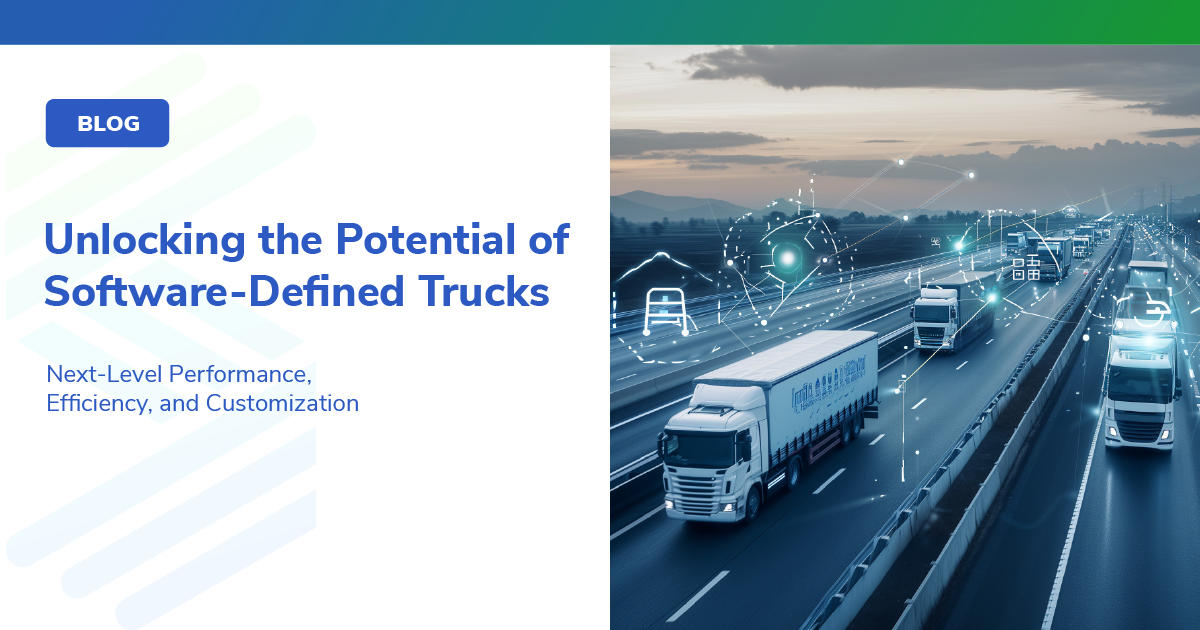
/
June 23, 2023
/
#
Min Read
Auto Tech Investment Tension 5: Profitability & Profit Margin
Automakers are facing huge pressures when it comes to maintaining their profitable businesses and investing in the software defined vehicle future. In this final chapter of our five-part series Investment Tensions for Legacy vs New Tech, we will explore a tension that we have already touched upon in passing, and that is profitability and profit margins.
The sad fact of the matter is that automakers are unlikely to see immediate returns on their battery electric vehicle (BEV) and software defined vehicle (SDV) tech investments. Since these newer vehicle architectures don’t have optimized supply chains and production methods, like their ICE counterparts, OEMs will need to wait until the new architectures, components, and customer adoption of products and services begin to scale. Eventually, this growth will drive costs down for OEMs and enable a pricing parity with older vehicle designs. Reaching that turning point between investment and profitability requires automakers to make a vital decision: build new E/E architectures and tech in-house or outsource?
Reducing Investment Tensions with In House Development
The OEMs who choose in-house vehicle architecture and tech development are essentially committing to launching a startup within their broader vehicle manufacturing company. This is a daunting task in the best of circumstances, in that it requires years of upfront investment, effort, commitment, and energy. But doing it within an existing company with decades of legacy thinking makes these internal business ventures exceedingly difficult to launch, scale, and drive to profitability. Decision makers typically expect one-year payback periods and 80 to 100% return on investment hurdle rates, while executives churn priorities every three to five years. If OEMs wish to increase their profit margins by investing in in-house BEV tech and vehicle architecture development, they will need to abandon ICE expectations and mindsets. Their reward for all of their efforts to develop new tech in-house is that they end up with full control and minimal compromises made in their future products.
Outsourcing SDV and BEV Tech
Alternatively, some executives might choose to purchase an outside company or invest in a startup to achieve their vision of the future. In essence, they are bidding to increase their profitability through well-established and time-proven connected vehicle services that enable immediate improvements in computing power, data collection, and IoT connectivity. While the costs associated with this type of approach might appear higher at first glance, the decision allows OEMs to bypass the painful and costly period of trial and error that comes with in-house development. This approach may require more compromise in the product design but can lead to faster times to market for new technologies that differentiate their products.
To Invest or Not to Invest
In order to see a return on their investments and increase profitability, OEMs must either commit to the hard road of internal development or turn to a third-party solution. Of course, this is only one of the many investment tensions that automakers face surrounding new E/E architectures and connected vehicle technology. Cost pressures, regulatory pressures, customer acceptance, funding, and timing pressures all make the decisions far from easy.
The future is not quite clear but through these tough decisions automakers have to embrace the software defined vehicle or risk becoming irrelevant. There are exciting times ahead and not every tension will be resolved without some form of business and economic pain for OEMs but with that pain comes great rewards in the connected, software defined future.
To learn more about Sibros’ out-of-the-box connectivity solution, contact us today.













